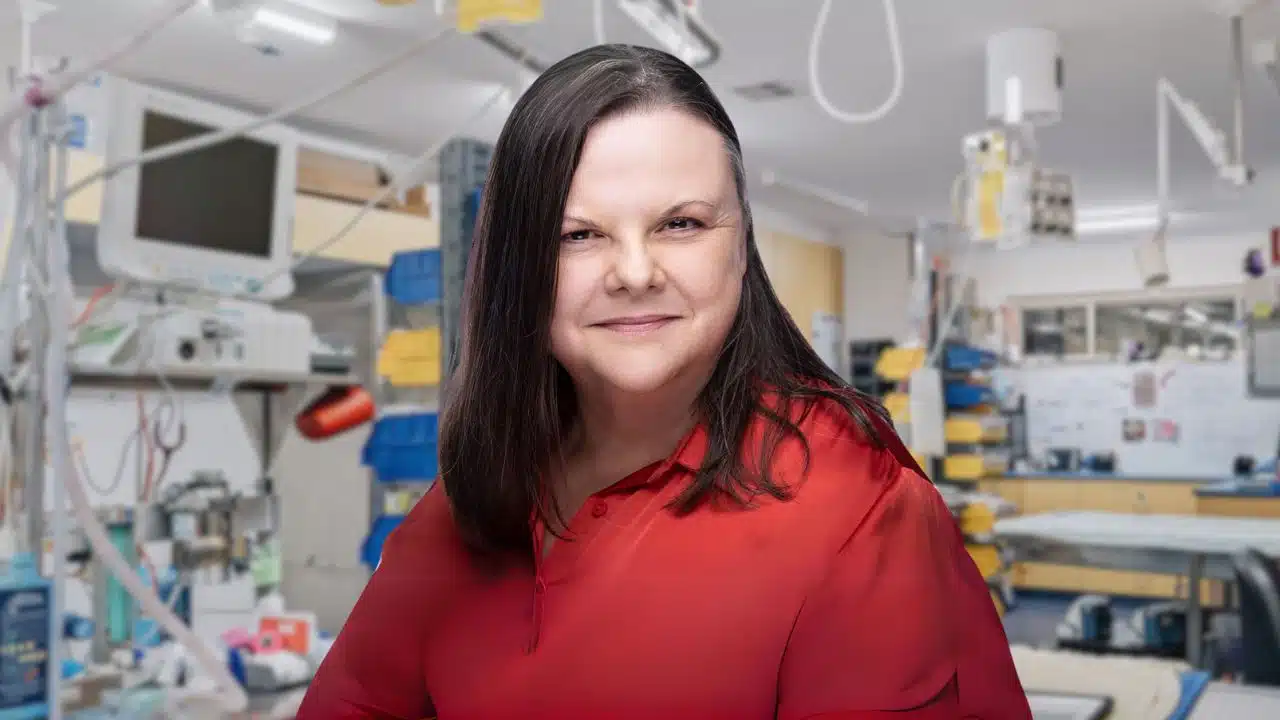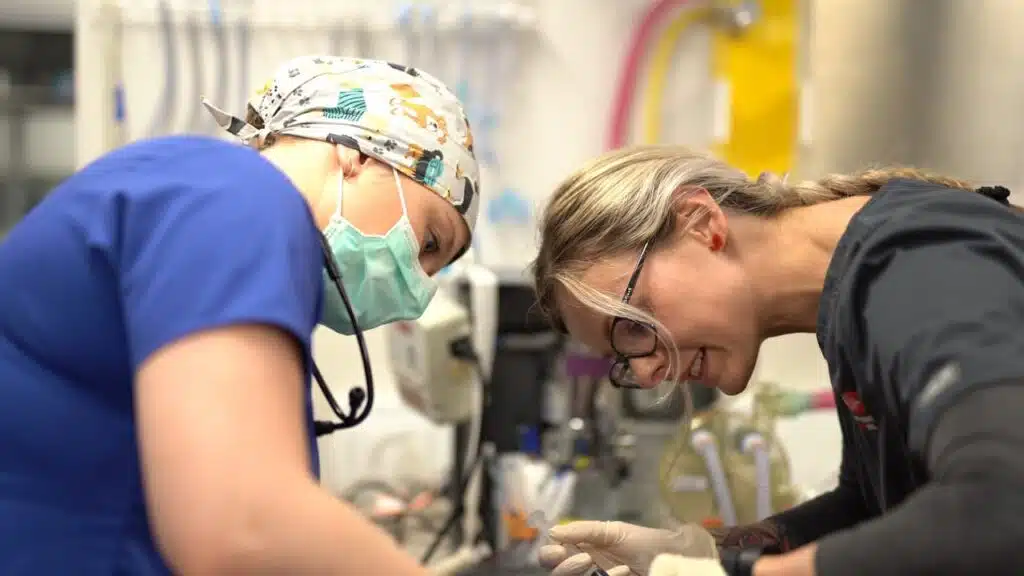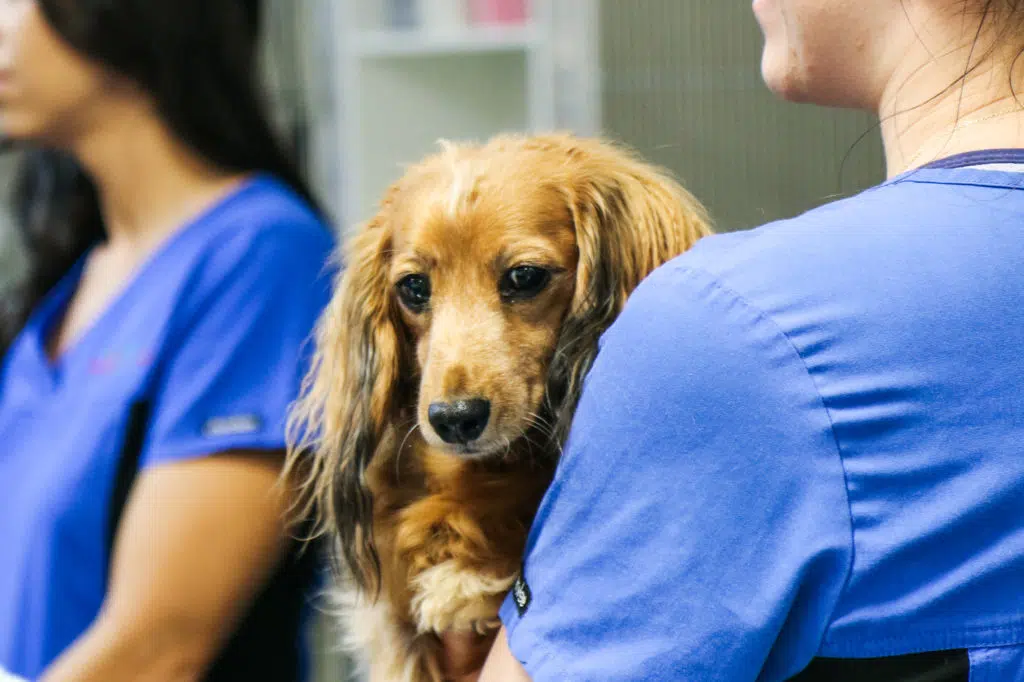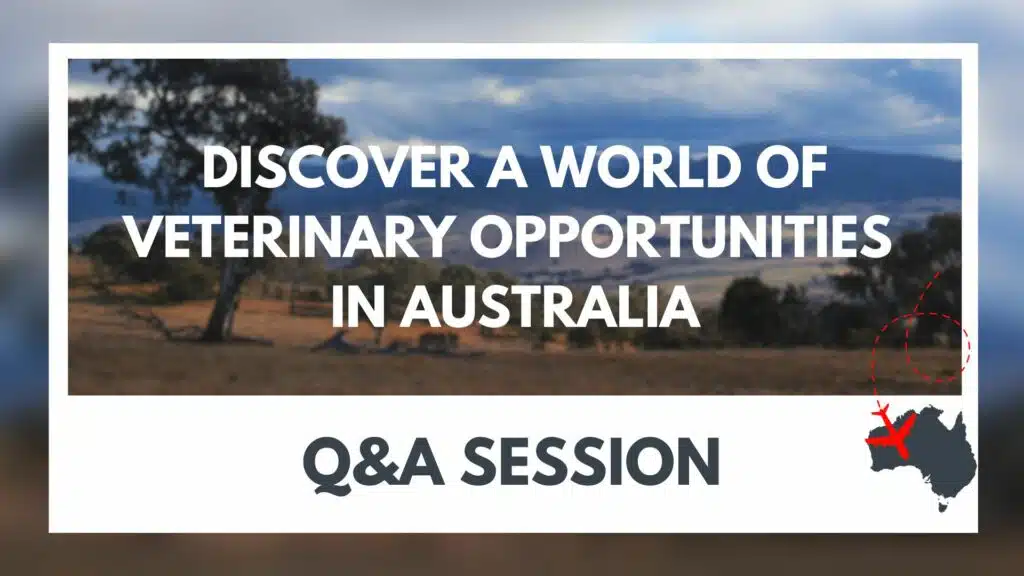We caught up with internal veterinary medicine specialist, Dr. Elizabeth Settles, to find out all about her pathway into specialist veterinary medicine, her journey to Australia, and handy advice for fellow veterinarians.
Give us a bit of a background of your journey from the US to Brunswick Heads and then to specialist veterinary medicine with AEA.
I have lived all over the US I’m originally from Kentucky. My undergrad, because we do it separately in the States, was at University of Kentucky. I did my internship and residency at the University of Missouri in Columbia, which is in the pretty much dead centre of the country in the Midwest. Then I practiced in Northern California for about 10 years around Berkeley and the wine country. I worked at a lab for about a year, then I worked for Pfizer Animal Health, which became Zoetis. After that, I practiced in general practice and specialist veterinary medicine. But I did emergency always. Taught for a year in the Caribbean then I went back up to New York area and was there up until I moved Australia.
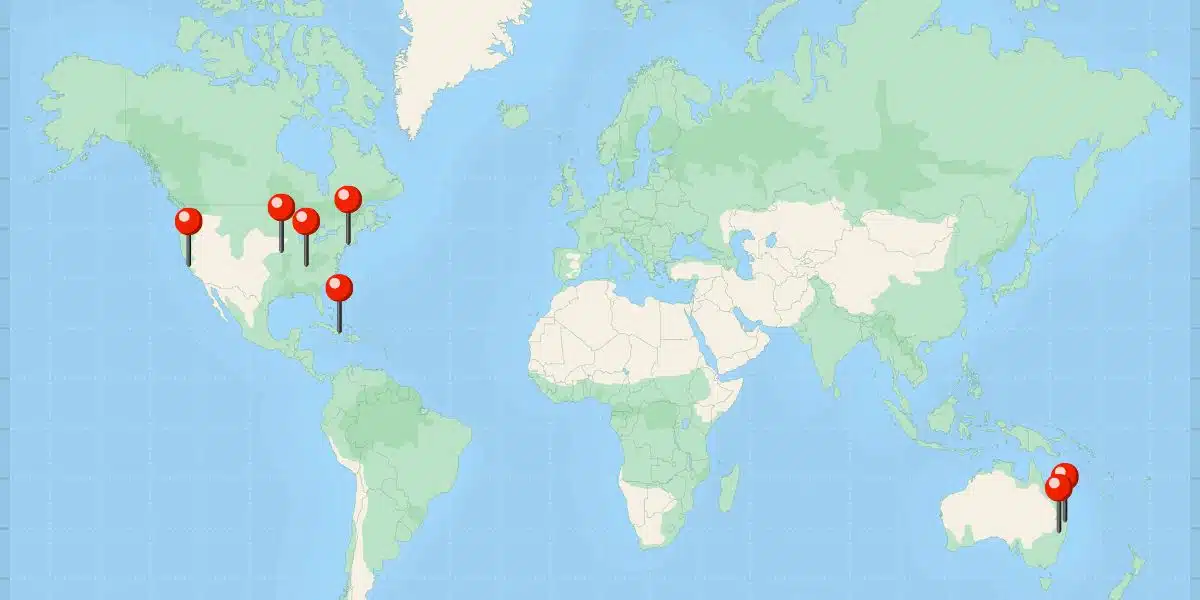
You said you did emergency always. But you’re a medicine specialist primarily, right?
I supported myself when I started out because I had my own mobile ultrasound business, doing mostly cardiology and I seeing internal medicine cases. Everybody was an independent contractor in specialty practice, you had to figure out how to support yourself. I had to pay for all my equipment myself.
The way to do that was I did emergency at night and build out my specialty stuff during the day. So I didn’t sleep a lot and I ran the emergency practice and I built a couple of those out for specialty practices.
And then next thing you’re in Australia, how and why did that happen?
I don’t have any immediate family, so I had the ability to pick up and move and I’ve kind of have a wanderlust anyway. There was an option to move back to California – I had a lot of different options and I thought you know what? I just want to try something completely different.
There was a job with VSS at that point at Carrara and I went there and I worked there a year and that’s how I got acquainted with AES. I have a little different personality that fits with the emergency people, which is my comfort zone anyway. So I enjoy kind of those interactions and it’s very collaborative – that’s what I saw within the AES group at Carrara.
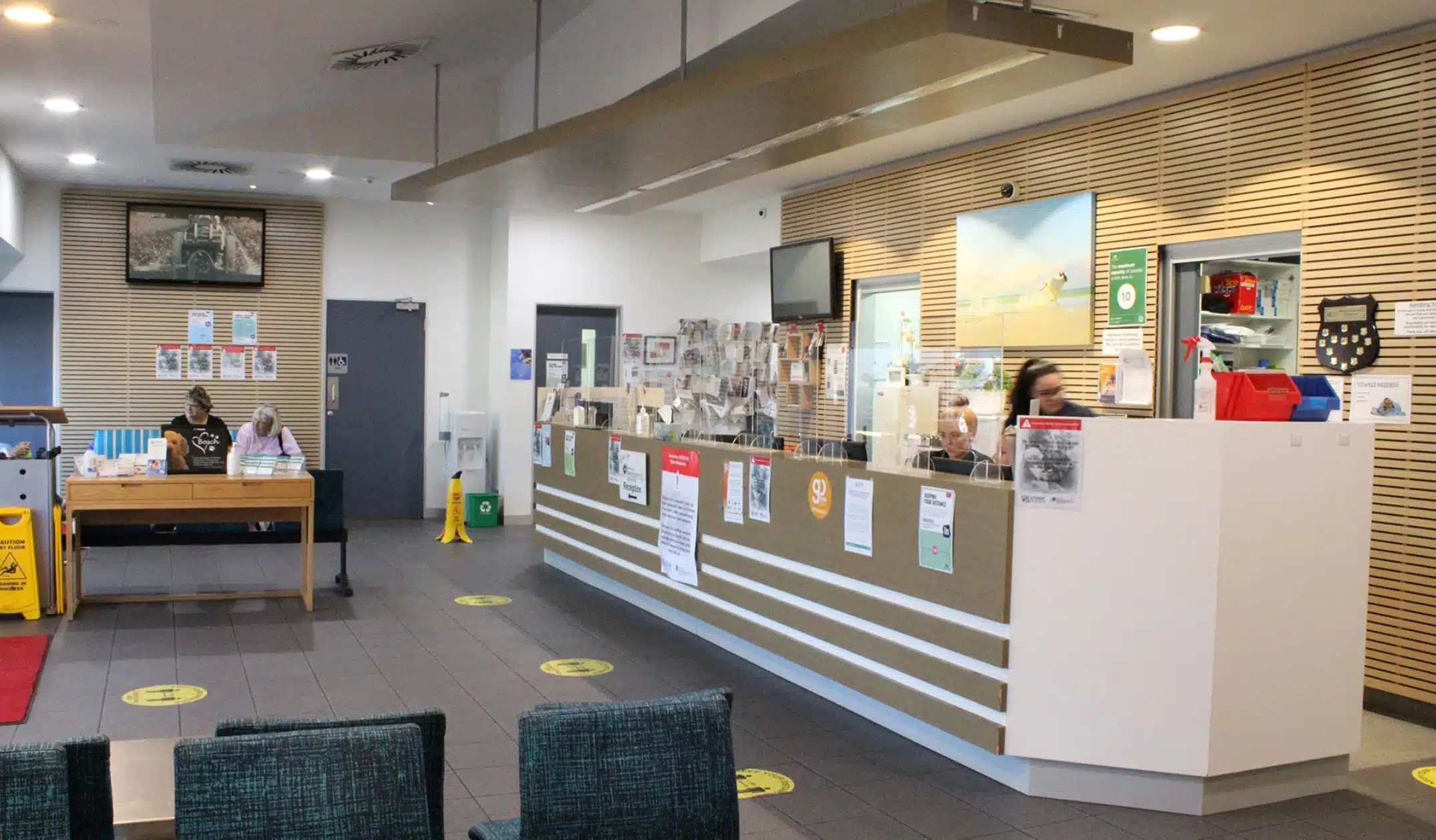
So what’s your role at AEA? Are you doing clinical shifts? Is it a support role?
I see clients down at Bangalow, NSW, which is just recently 24/7. I also see internal medicine cases there one to two days a week, depending on the load. It’s a different model that actually goes back to my roots of being very entrepreneurial walking around with my phone. The primary vets call me directly to talk about the cases, then we decide: “okay, do I see him?” I enjoy the interaction and really like the team approach because everybody brings something different.
“There are so many things we can do with the vet degree.
And I think schools didn’t tell people that.
I still love what I do.”
Then I’m involved in the education aspects, I’m doing some work with Improve International on the medicine part. I’ve done a couple of morbidity and mortality rounds with different hospitals in addition to helping out with building out protocols and rolling that into journal club. I also provide written consults and answer the phone to provide support to any of the practices across Australia.
There’s so many things we can do with the vet degree. And I think schools didn’t tell people that, I still love what I do and am still very happy that I did the degree. And I’ve never felt that burnout because I think for me. You can always find something different to do with the degree – not that I’m just going to leave everything veterinary. That makes me sad for people that have come to that.
Having you on the phone or potentially virtually in the room with us – how does that work and when?
I don’t have any set hours at all. I answer the phone whenever. We have a specialist consult number which goes to my cell phone. It’s emergency work – I have calls during the day, but there’s a lot of practices that aren’t there during the day. So of course there’s always calls at night.
You’ve done a lot of scanning and cardiology. What’s your favourite branch of specialist veterinary medicine?
I love it when there are at least two if not three or four diseases to balance. So, cardiopulmonary renal, love that. I’m absolutely fascinated by the liver because it does so many things! It’s just fascinating and regenerative capacity and there’s still so much we don’t know about it.
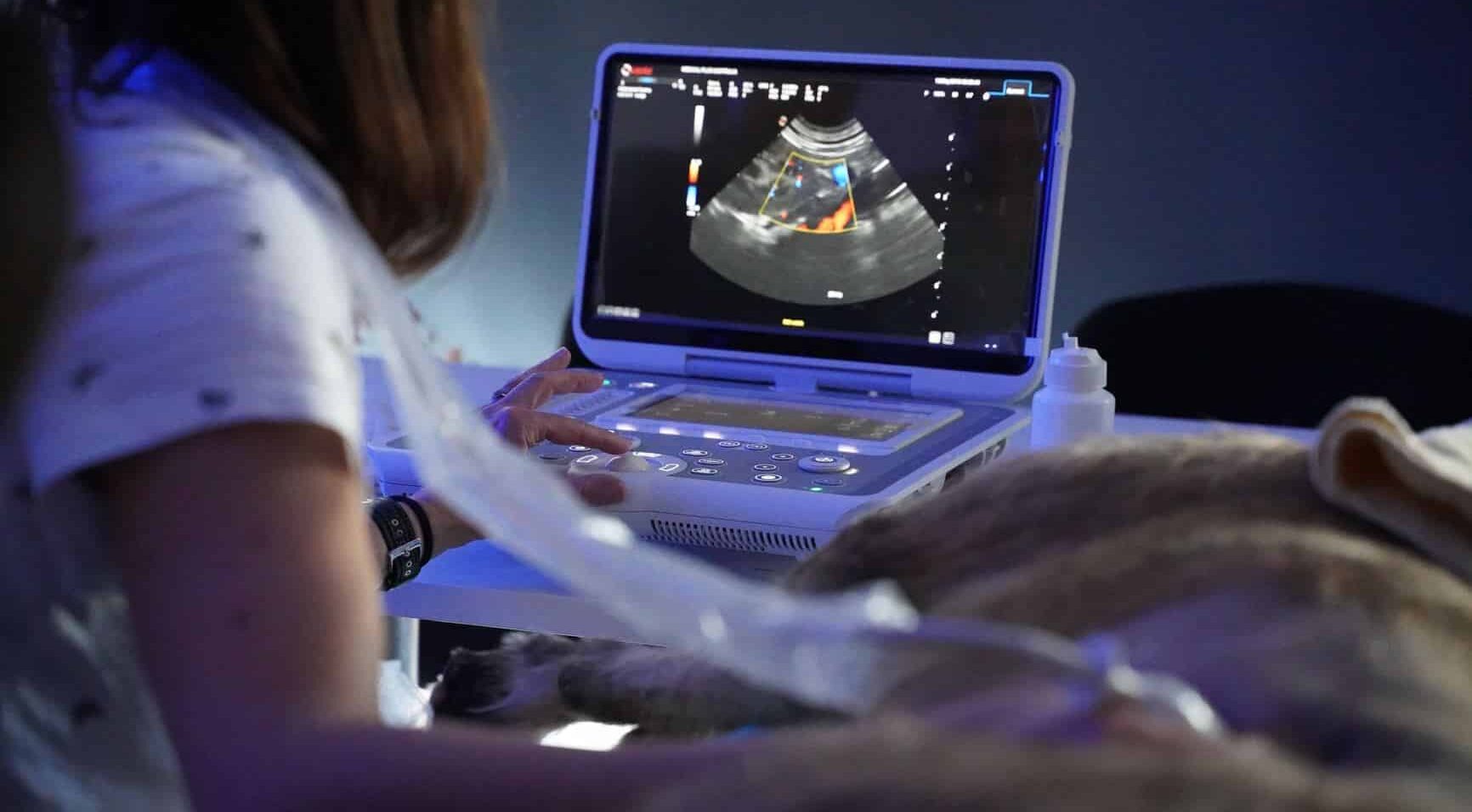
As a specialist, I don’t want people to feel like I’m judging them – because I’m not. Because every mistake you’ve made, I’ve probably made. And a lot of times your biggest learning comes from mistakes you’ve made. So I just feel like I don’t want anybody to feel uncomfortable talking to me about a case. The workup is what the workup is. It’s what you’re able to do. And I really believe in the spectrum of care and that it’s all valid.
What are your goals and hopes for your involvement with AEA as a company?
One of the hardest things about emergency is feeling like you get started on a case and then it goes somewhere else and you never hear anything about it again. There’s opportunity for us to integrate things, so you have feedback to know what you’re doing and how it affected. I don’t know how we’re going to do that, but I would like us to have that ability.
I would like to see the idea of having a better integration and better teamwork across the patient. That has been kind of a long-term wish that I’ve had. To see a more fluid transfer of cases and that we’re all learning. That’s what makes this a satisfying career too, is the ability to keep learning and to have the ability to say, “I really want to get better at something”, and have a way to get better at it. I would like to see that I could in some way help facilitate that.
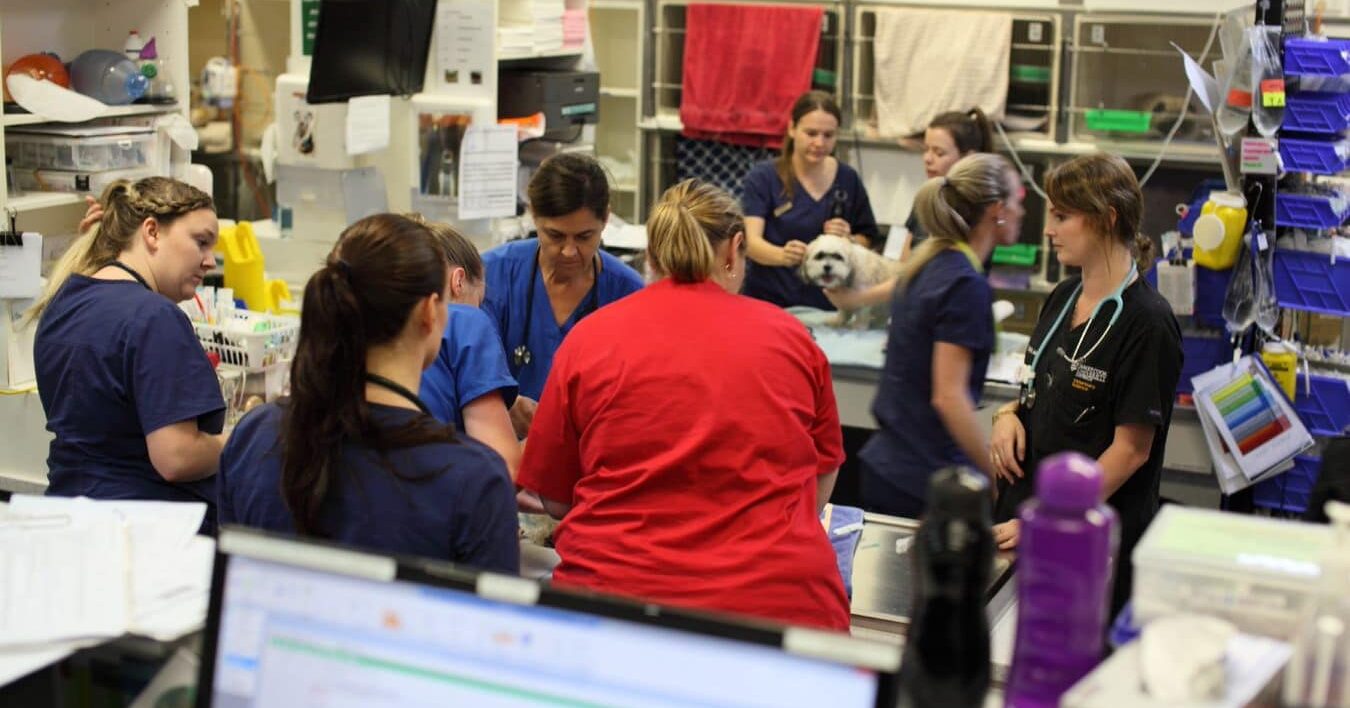
As a relative newcomer to the team, how would you define AEA culture?
What I’ve seen so far was that people in charge were down in the trenches – I guess that’s the right word. I was really struck because it was always important to me as a manager and own and business owner to be there; where people were working and to show up and be involved. That to me is really important. Just trying to support each other.
In seeing the interactions with the doctors and the staff, it seemed like it was very collaborative, including turning over cases to each team member to the next shift. Everyone wanted to problem-solve together and there wasn’t any kind of judgment about it. I really liked that.
I went to one of the ventilator talks at AES Carrara, and I loved that it started with “this is a safe space to ask questions and there are no stupid questions.” Because I think that is so important, and I’ve never thought that the way you teach anybody anything is by fear and intimidation. It was really about those interpersonal relationships.
In addition to your career in specialist veterinary medicine, you’re also a musician. What does that involve?
I sing in a community choir down here in Brunswick currently. I was also a music performance major, and so I played piano and then I played pipe organ, which isn’t something you carry around with you, and I directed choirs and churches. It was a real job, but it’s tough to do that for a living.
I would encourage you to join a choir. When you’ve sung in a choir, that’s a huge part of community that you share. Everybody breathes together together, right? There’s so many things about it that are amazing and spiritual. Even if it’s not a religious song, just being able to do that. So, I encourage you to do that again.
For more inspiring stories from veterinary professionals and to hear their career journeys, be sure to read our interview with Dr. Penny Seet, Veterinary Business Professional of the Year. And if there’s a veterinary professional you’d love to see highlighted in an upcoming story, be sure to reach out and let us know!

